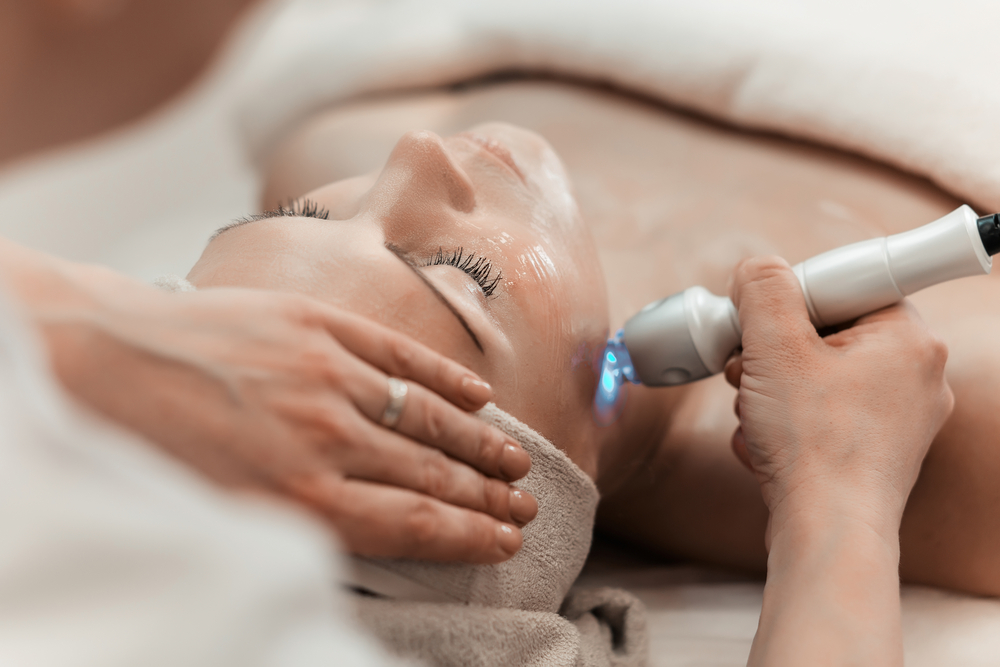Hormones play a significant role in regulating hair growth patterns and overall skin health. SinceLaser Hair Removal In Dubai works by targeting the pigment in hair follicles, hormonal fluctuations can impact the treatment's efficacy. By understanding the relationship between hormones and hair growth, you can make informed decisions about your treatment plan and expectations.
How Hormones Affect Hair Growth
Androgens and Hair Growth
Androgens, including testosterone and dihydrotestosterone (DHT), are hormones that can influence hair growth. Elevated levels of androgens can lead to increased hair growth, particularly in areas like the face, chest, and back. This is often observed in conditions such as polycystic ovary syndrome (PCOS) or androgenic alopecia.
Estrogen and Hair Growth
Estrogen, a hormone predominantly found in females, generally has an anti-androgenic effect. High levels of estrogen can help regulate and reduce unwanted hair growth. Conversely, fluctuations in estrogen levels, such as those experienced during menopause, can lead to changes in hair growth patterns.
Progesterone and Hair Growth
Progesterone also plays a role in hair growth regulation. Elevated progesterone levels can contribute to changes in hair density and growth patterns. This hormone's impact on hair growth is often observed during pregnancy or hormonal treatments.

Implications for Laser Hair Removal
Treatment Effectiveness
Hormonal imbalances can affect the effectiveness of laser hair removal. For individuals with high androgen levels, the treatment may need to be adjusted to account for increased hair growth. Hormonal changes can also impact the hair growth cycle, influencing the timing and frequency of treatments.
Hair Growth Cycles
Laser hair removal targets hair in the active growth phase (anagen). Hormonal fluctuations can alter the distribution and timing of hair growth phases, potentially requiring additional sessions to achieve optimal results.
Personalization of Treatment
Understanding individual hormonal profiles allows for personalized treatment plans. Hormonal assessments can help practitioners determine the most effective laser settings and treatment schedules, improving overall outcomes.
Strategies to Manage Hormonal Influences
Consultation with a Healthcare Provider
Before starting laser hair removal, consult with a healthcare provider to assess hormonal levels and address any imbalances. Managing underlying hormonal conditions, such as PCOS or thyroid disorders, can improve the effectiveness of the treatment.
Regular Monitoring and Adjustments
Monitor hormonal changes and their impact on hair growth throughout the treatment process. Regular consultations with your practitioner can help adjust treatment plans and laser settings based on your current hormonal profile.
Combination Treatments
In some cases, combining laser hair removal with other treatments, such as hormonal therapy or medications, may be beneficial. This approach can help address underlying hormonal imbalances and enhance treatment results.
Healthy Lifestyle and Diet
Maintaining a healthy lifestyle and balanced diet can support hormonal health. Proper nutrition, exercise, and stress management can help regulate hormones and improve overall skin and hair health, potentially enhancing the effectiveness of laser hair removal.
Conclusion
Hormones play a crucial role in determining the effectiveness of laser hair removal. Understanding how androgens, estrogen, and progesterone influence hair growth can help tailor treatment plans and manage expectations. By consulting with healthcare providers, monitoring hormonal changes, and adopting a holistic approach to health, individuals can optimize their laser hair removal experience and achieve better results.